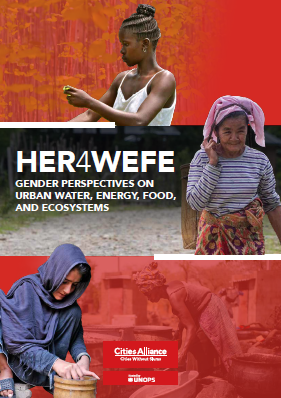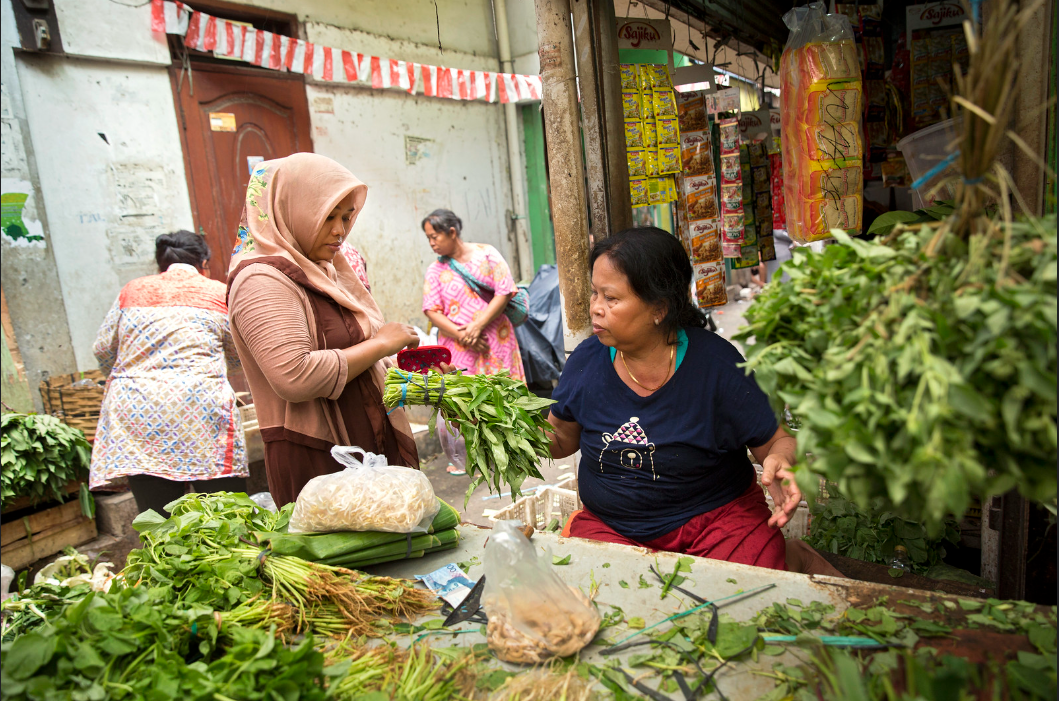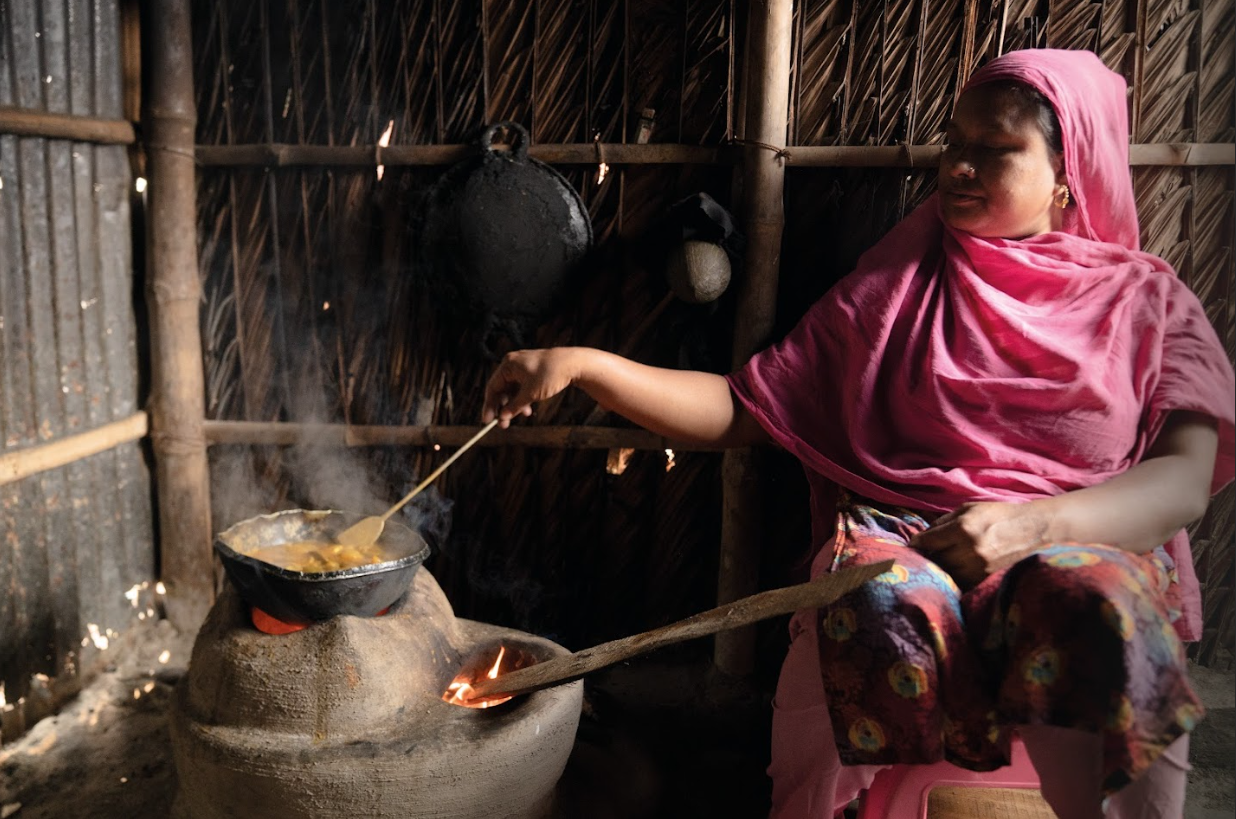Climate change presents profound challenges for cities, as increasingly frequent extreme weather events disrupt the intricate and interconnected systems that urban areas depend on. To address this growing threat, it is crucial to adopt a comprehensive approach that recognises the interdependence of water, energy, food security, and ecosystems—key pillars that sustain cities and urban settlements.
The Water-Energy-Food-Ecosystems (WEFE) approach offers a forward-thinking solution by integrating gender considerations across all sectors.
With the Her4WEFE toolkit, Cities Alliance aims to break down the traditional silos that impede holistic problem-solving, while empowering women to participate in decision-making processes.

Women are already informal leaders in their communities, playing key roles in resource management. However, they often lack the platform to voice their needs and priorities, and most critically, to have their voices heard.
Erratic rainfall patterns, coupled with more intense droughts and floods, for instance are already affecting access to clean water, agricultural irrigation, local ecosystems, and energy infrastructure. These disruptions not only threaten urban environments but also exacerbate existing gender inequalities.
Women and girls, who are often responsible for managing community water access, food security, and other essential resources, bear the brunt of these challenges. Despite their pivotal role in climate resilience, they remain underrepresented in formal institutions and are often overlooked in climate adaptation and mitigation policies.
Her4WEFE provides assessment tools that can be used individually or in combination to help local stakeholders enhance their gender capacities, promote inclusive dialogue, and develop integrated solutions that are equitable, effective, and sustainable.
It builds on the success of Cities Alliance's Her4Climate, Her4Water, and Her4Energy tools, which have been tested and refined over the years to track women's involvement and vulnerabilities in water, food, energy, and environmental sectors.
For cities to achieve inclusive and resilient urban transformation, it is essential to actively involve women in formal decision-making processes. The Her4WEFE toolkit provides the means to ensure that women’s contributions are not only recognized but also instrumental in building a sustainable and resilient future for all.




